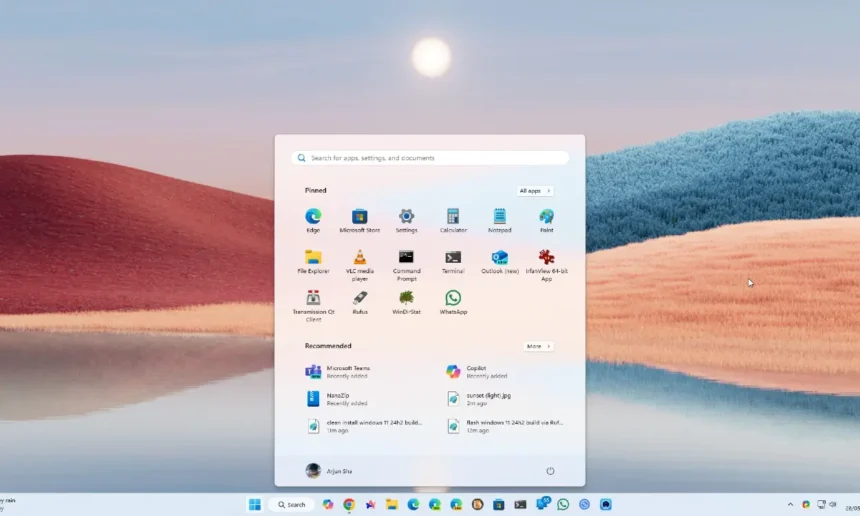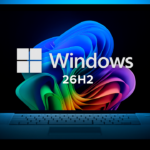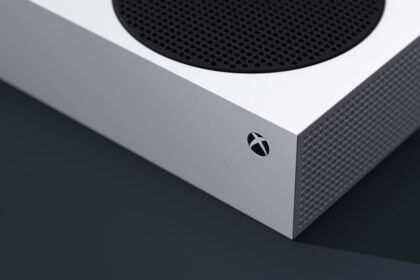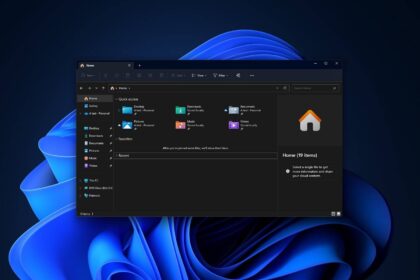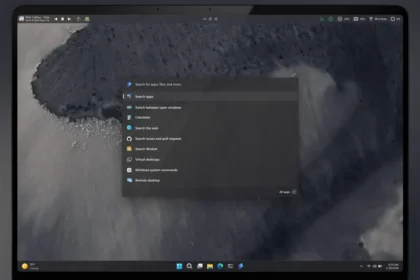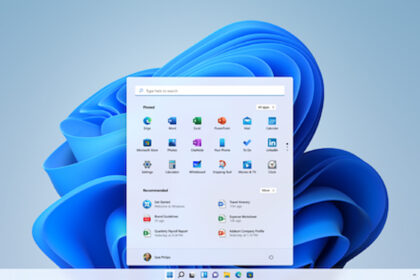We’re still about a month away from the official releases of Windows 11 25H2 and Ubuntu 25.10, but the first round of benchmarks is already giving us a sense of how these operating systems stack up against each other.
The tests, carried out by Phoronix, ran on high-end hardware: an AMD Ryzen 9 9950X (16 cores / 32 threads), 32GB DDR5-6000 memory, a 1TB Crucial PCIe 5.0 NVMe SSD, and an AMD Radeon RX 9070 GPU. To keep results consistent, only the operating system changed between runs, with all other settings locked down.
This round of testing focused strictly on CPU performance, leaving graphics benchmarks for later.
How Windows 11 25H2 Rolls Out
Windows 11 25H2 and 24H2 share the same servicing branch. Essentially, the new code for 25H2 has already been landing in monthly cumulative updates to 24H2 — it’s just dormant until a user officially upgrades.
The switch occurs with a quick reboot, allowing Microsoft to reduce downtime and maintain smoother transitions.
Both Windows builds used NTFS along with Microsoft’s latest drivers.
Ubuntu’s Setup
Ubuntu was benchmarked in two flavors:
- 24.04.3 LTS, the current long-term support release
- 25.10, the upcoming stable release
Both were paired with the Linux kernel, the Mesa graphics stack, and the ext4 file system.
The Results: Linux Pulls Ahead
The data shows Ubuntu 25.10 consistently outperforming Windows 11 25H2 in multi-threaded workloads. Kernel improvements appear to leverage AMD’s Ryzen architecture more effectively, giving Linux a competitive edge in parallel-intensive tasks.
In CPU-intensive categories like rendering, encoding, and scientific computing, Ubuntu clocked in up to 15% faster than Windows.
Meanwhile, Windows 11 25H2 performed nearly identically to 24H2, with no meaningful CPU gains noted.
For workloads that thrive on raw CPU throughput — think developers, researchers, or creators working with rendering and compute-heavy tools — Ubuntu Linux may offer a noticeable advantage over Windows right out of the box.
Of course, Windows still holds an edge in areas like software compatibility and gaming, but when it comes to squeezing every ounce of performance from Ryzen CPUs, Ubuntu 25.10 is shaping up to be the more efficient choice.

